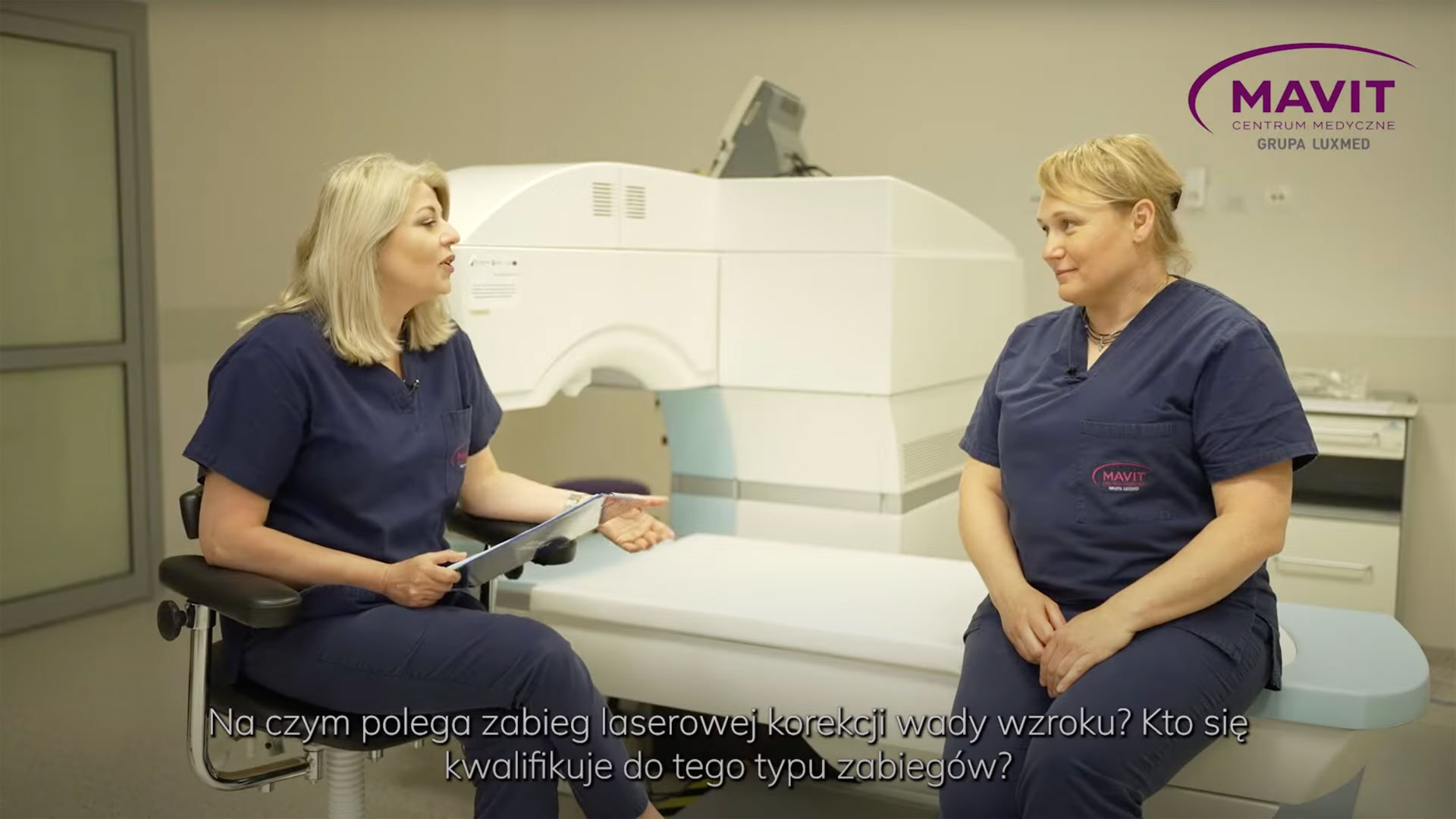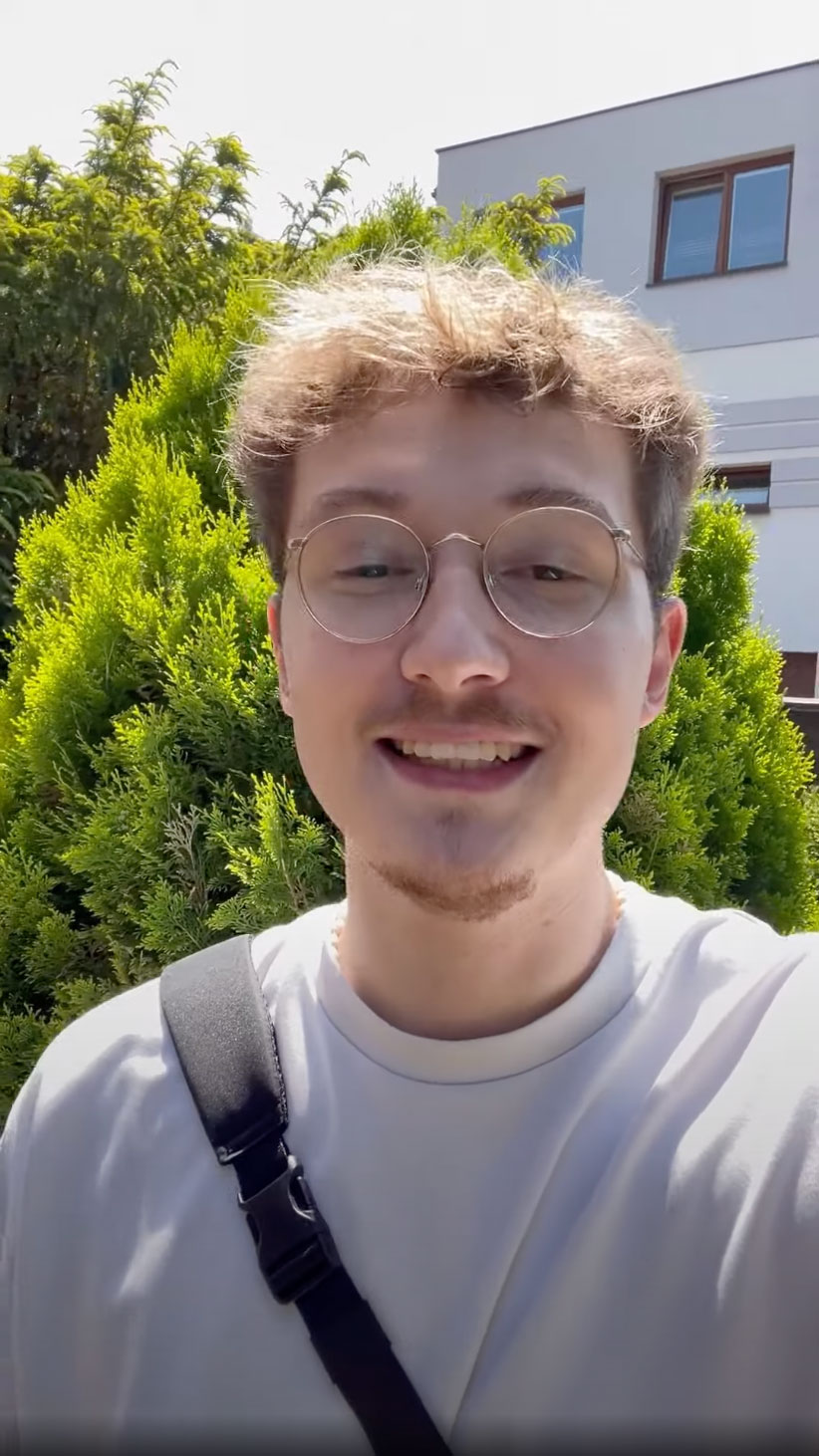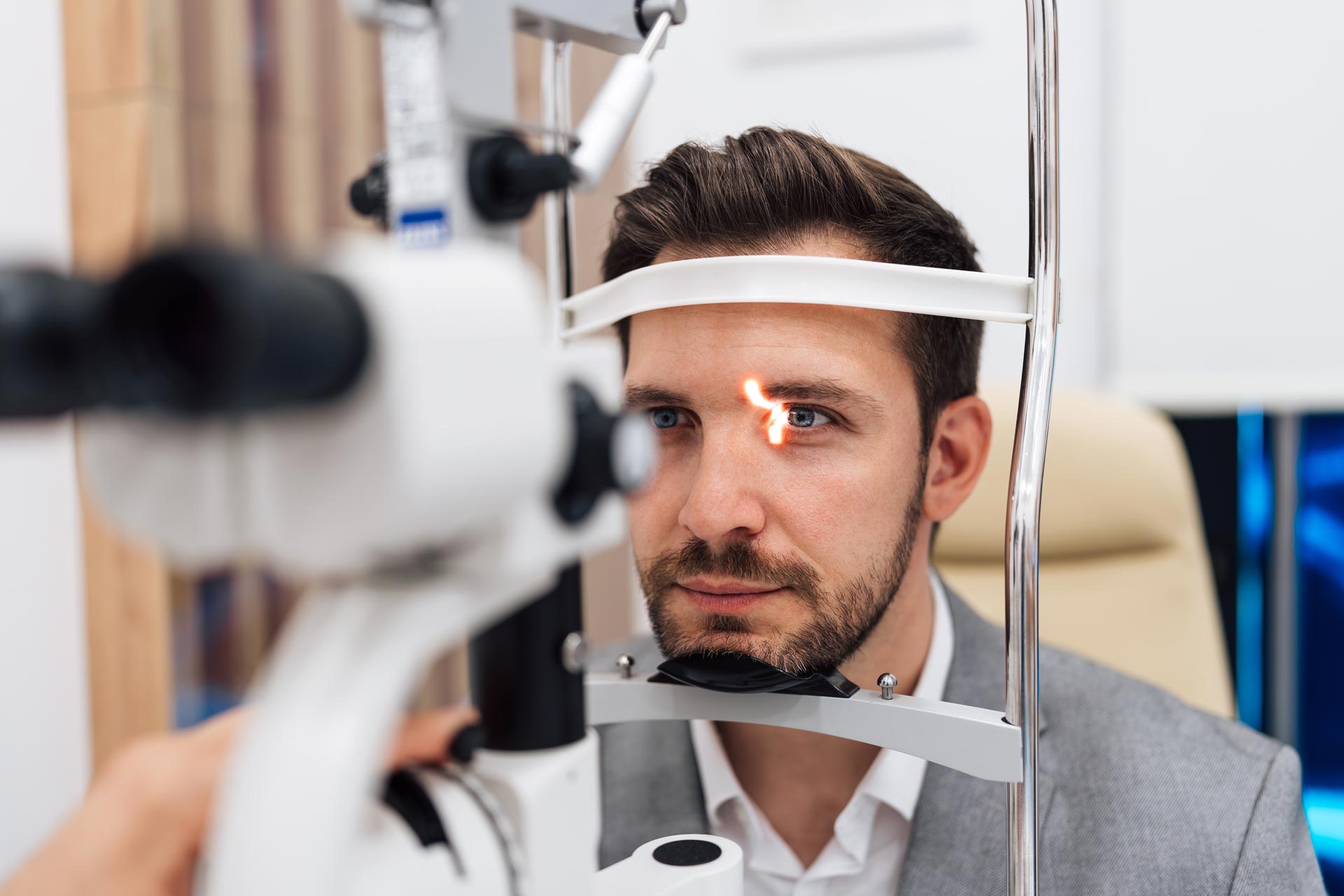In October 2019, I underwent laser vision correction at the MAVIT Medical Centre. I remember hesitating to make this decision due to work, holidays and all sorts of other commitments. Now I know that it was a mistake!
It turned out that the laser correction wasn’t nearly as big of a challenge as I had imagined – the procedure lasted just a few seconds and it took me maybe three days to recover.
Today, after all these years, my eyesight no longer limits me. I can swim, run and ski without worrying about foggy lenses or a supply of lens solution. The amazing Doctor Joanna Wojtyła has made my dream come true. In addition, the entire staff took care of me and ensured that I felt comfortable and relaxed. Therefore, I highly recommend both laser vision correction as well as the MAVIT Medical Centre!







